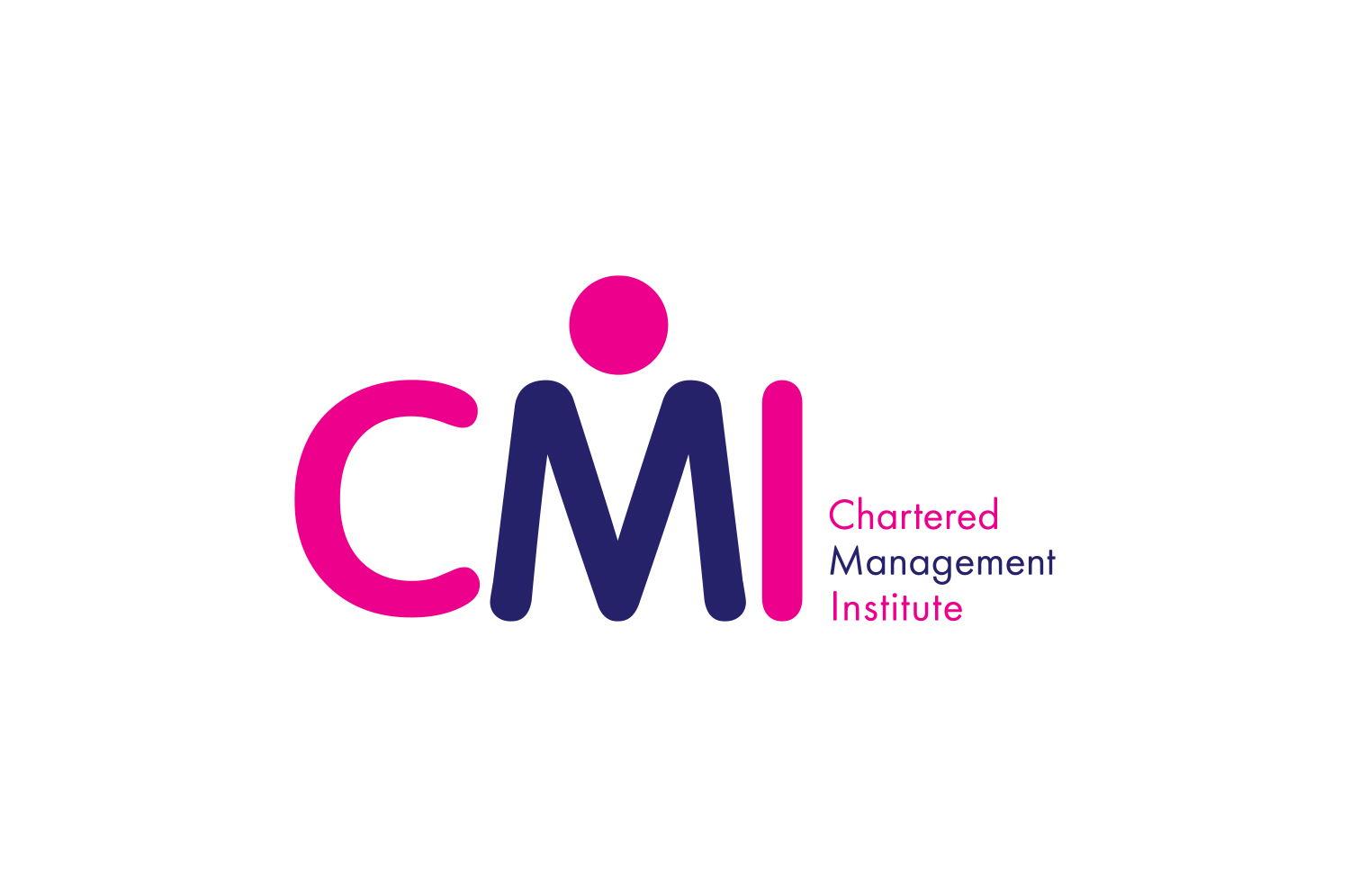Why Choose Lincoln
Study while working
Can be studied as part of a Senior Leader Apprenticeship (SLA)
Lean from research-active academics
Address real world challenges

The MBA is designed to suit managers and professionals from across business, government, defence, and civil service, and may appeal to those who not only want to achieve success for themselves and their organisations, but also have a passion for making the world a better place. The curriculum addresses real-world challenges, such as the transition to a zero-carbon economy and technological changes like Industry 4.0, and provides a creative environment for generating new knowledge and practical solutions.
Students can benefit from research-active academics who are able to enrich the programme with the latest thinking around the current issues and challenges faced by organisational decision-makers.
Study while working
Can be studied as part of a Senior Leader Apprenticeship (SLA)
Lean from research-active academics
Address real world challenges

As a work-based degree programme, the MBA Leadership is designed for students who wish to develop their careers by studying for a Master's degree while remaining in their current employment. This is achieved through a blended learning approach of face-to-face and online delivery.
The programme draws upon critical action learning, which aims to promote a deeper understanding of the realities of situations through collective as well as individual reflection, considering the tensions, contradictions, emotions, and power dynamics that exist within a group and an individual manager's life. Through the use of action learning sets, students can combine action learning with critical thinking and critical management learning.
The MBA Leadership programme can also be studied as part of a Senior Leader Apprenticeship (SLA). The SLA has been created by the Chartered Management Institute (CMI), the Chartered Association of Business Schools (CABS), and higher education providers. The programme is facilitated through the apprenticeship levy, funded by the Government and employers, and is an opportunity to develop strategic leadership skills. The SLA route combines a Master's degree, apprenticeship, and the option to achieve Chartered Manager or Chartered Fellow professional recognition.
| October 2024 Start | May 2025 Start | |||
|---|---|---|---|---|
| Teaching Days | Hand-in Date | Teaching Days | Hand-in Date | |
| Strategic Leadership | 28 October 2024 29 October 2024 |
20 January 2025 |
19 May 2025 20 May 2025 |
28 July 2025 |
|
Leading and Developing High Performance Teams |
3 February 2025 4 February 2025 |
28 April 2025 |
8 September 2025 9 September 2025 |
17 November 2025 |
|
Governance: Finance, Risk, Analytics, and Communications |
12 May 2025 13 May 2025 |
21 July 2025 |
1 December 2025 2 December 2025 |
23 March 2026 |
|
Sustainability Transitions |
1 September 2025 2 September 2025 |
10 November 2025 |
9 March 2026 10 March 2026 |
1 June 2026 |
|
Integrated Research and Consultancy Project |
24 November 2025 25 November 2025 |
27 April 2026 |
15 June 2026 16 June 2026 |
16 November 2026 |
This module examines corporate governance and the financial health of organisations, developing key skills to support good governance, effective risk management, control systems, and stakeholder dialogue throughout an organisation. It provides an overview of the role of boards and directors in corporate governance and aims to develop an understanding of corporate social responsibility (CSR) in governance from sub-national government level to the international arena.
The module aims to develop students who understand and appreciate the importance of going beyond financial information and supporting good ethical business practices to help companies sustain long-term success. It also evaluates techniques to manage AI and cybersecurity risks within the student's own organisation and the wider environment.
This module aims to provide students with the experience of pursuing an independent in-depth study and investigation. This can involve identifying a topic to research, defining the scope of the study, assessment of resource requirements, project management, and range of other skillsets. The module encourages students to compare and contrast their work with that of others working in similar disciplines and enables students to develop multi-disciplinary skills in researching, organising, and presenting relevant information in verbal and written form and applying that information in practice.
This module equips students with an in-depth understanding of how to effectively lead and develop both people and teams. It supports students in the development of becoming a reflective leader and team member, promoting inclusive and empowering organisational cultures, in different organisational structures. Carefully designed module tasks and autonomous research, will support self-awareness of the impact of behaviours that underpin leadership and team working. This self-awareness will support the development of these skills in these areas, including developing the student’s emotional intelligence, and the skill of critical reflection supporting them to manage their own and others learning, development and performance.
Students will be equipped with in-depth knowledge of how to effectively engage their teams through strategically planned coaching, mentoring and feedback processes. Students will gain knowledge on ethical and value-driven approaches that support multiple and diverse stakeholders in driving effective decision making and organisational change.
Following completion of this module, students will have increased confidence in evaluating and integrating a range of strategic workforce development and planning tools and techniques into their managerial and leadership practice.
The Strategic Leadership module sees the students studying the purpose and activity of strategic leaders within an organisation. This module discusses the theory, practise, and individual experiences of those trying to design and deliver strategies. This module reviews the principles of strategy to understand how they can can be developed to meet the needs and objectives of the organisation.
Where possible the content will be anchored in the experiences of the students, depending on their level of prior leadership.
This module will focus on sustainability from the perspectives of organisations, business and management. It will explore the underlying causes of present-day challenges with sustainability at both an organisational and societal level. The module will also address the barriers and enablers associated with bringing about the essential transition to sustainability across industrial sectors and within individual organisations. Students will consider alternative forms of organisation and create solutions for addressing societal and environmental injustice.
† Some courses may offer optional modules. The availability of optional modules may vary from year to year and will be subject to minimum student numbers being achieved. This means that the availability of specific optional modules cannot be guaranteed. Optional module selection may also be affected by staff availability.
We want you to have all the information you need to make an informed decision on where and what you want to study. In addition to the information provided on this course page, our What You Need to Know page offers explanations on key topics including programme validation/revalidation, additional costs, and contact hours.
Students who pass all modules and meet Chartered Management Institute learning outcomes will qualify for a Level 7 Diploma with the CMI in Strategic Management and Leadership Practice, and Chartered Manager status, the highest status that can be achieved in the management profession.

Assessment methods are based on work-based portfolios that should contain evidence of theory, practice, and reflection. Portfolio assessment will be through a range of formats, such as reports, case studies, reflective learning accounts, presentations, projects, proposals, plans, and practical work-based artefacts with accompanying critical commentary.
The Negotiated Learning Project forms the final 60 credits of the MBA Leadership and allows students to demonstrate their mastery of business management and leadership in a 'capstone' project for an organisation. It is an individual project in which students can bring together all of their learning to help solve a chosen business problem or challenge. This enables students to combine elements of learning from different parts of the MBA Leadership to demonstrate their accumulated knowledge and understanding of management and its application to an organisation through synoptic assessment.
The University of Lincoln's policy on assessment feedback aims to ensure that academics will return in-course assessments to students promptly - usually within 15 working days of the submission date.
Each applicant will be assessed individually. Minimum entry requirements are a mixture of academic qualifications and professional experience. The baseline for entry is Maths and English GCSCs at level two, or Grade C and above. Applicants must be employed in a managerial capacity with a minimum of 2 years' experience.
You will need to have funding in place for your studies before you arrive at the University. Our fees vary depending on the course, mode of study, and whether you are a UK or international student. You can view the breakdown of fees for this programme below.
The University offers a range of merit-based, subject-specific, and country-focused scholarships for UK and international students. To help support students from outside of the UK, we offer a number of international scholarships which range from £1,000 up to the value of 50 per cent of tuition fees. For full details and information about eligibility, visit our scholarships and bursaries pages.
For each course you may find that there are additional costs. These may be with regard to the specific clothing, materials or equipment required, depending on your course.
With regards to text books, the University provides students who enrol with a comprehensive reading list and you will find that our extensive library holds either material or virtual versions of the core texts that you are required to read. However, you may prefer to purchase some of these for yourself and you will be responsible for this cost.
Alumni of the University of Lincoln studying this course may be eligible to receive an alumni scholarship of 15 per cent of the tuition fees. This scholarship will be offset at enrolment against the tuition fee payments due for each academic year of study.
The University of Lincoln provides Accreditation of Prior Learning (APL). This is a process whereby applicants who have already gained relevant skills and knowledge prior to the start of the course may be granted a partial credit exemption for those modules where you can evidence current mastery, for example a Post graduate Certificate or job description. Due to the breadth of experiences and qualifications available, all requests for fast-track (APL) are reviewed on an individual basis, to learn more about your options please email askwbdl@lincoln.ac.uk.
Through participation in the programme students are able to develop their research and horizon scanning capability and a range of senior leadership competencies including communicating, influencing, and decision-making.

With the support of your employer the first 120 credits (four modules) of the programme can be undertaken as a part of our apprenticeship provision. Please contact coasshda@lincoln.ac.uk for more details.
Should you wish to apply for the MBA Leadership, please contact wbdladmin@lincoln.ac.uk.
All applicants will be individually evaluated but are expected to be:
• A leader who has senior management responsibility with a minimum of 2 years’ experience
• Have relevant work experience (i.e., delegated responsibility)
Intakes for this program are generally offered in October and May each year.